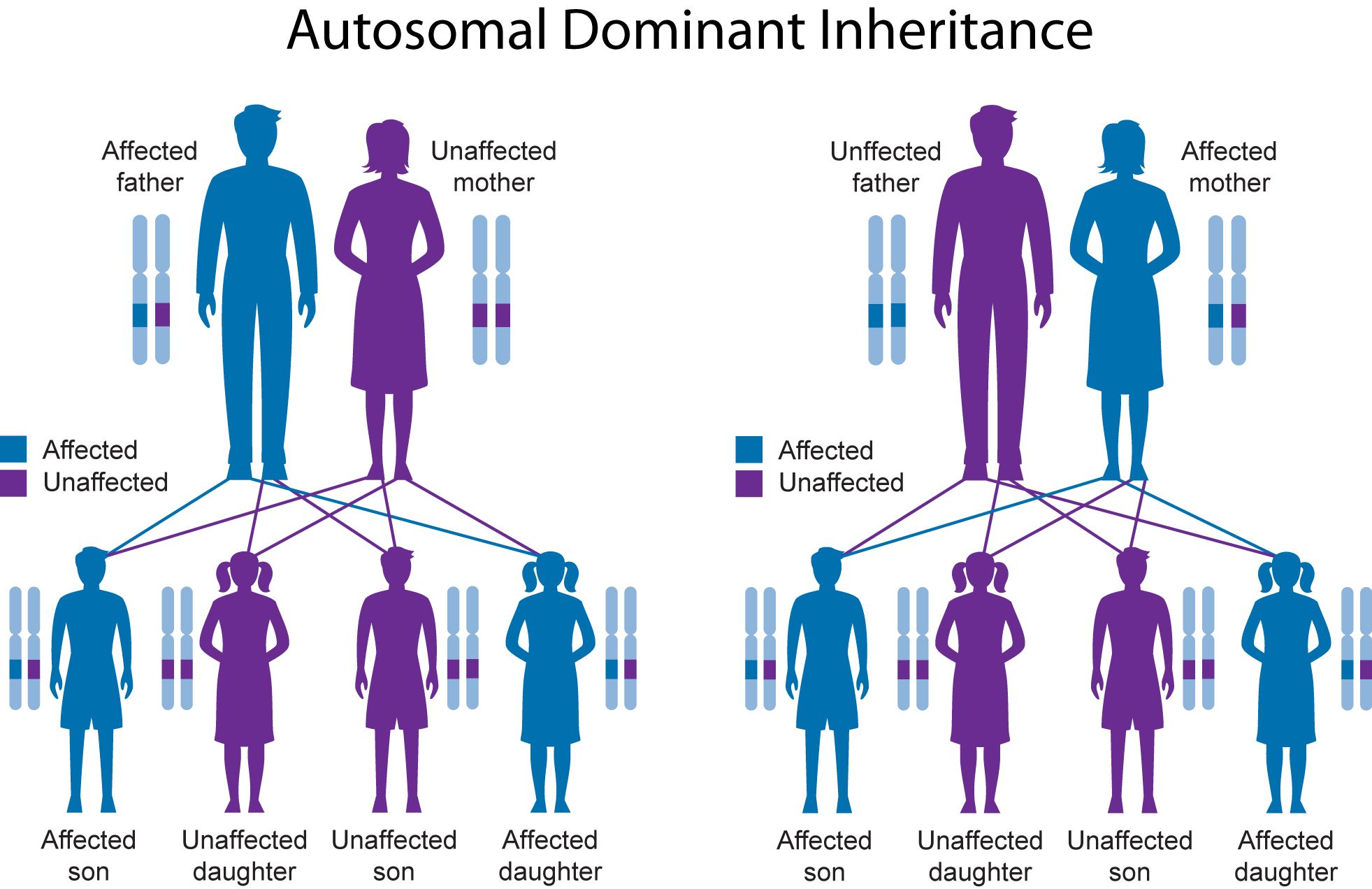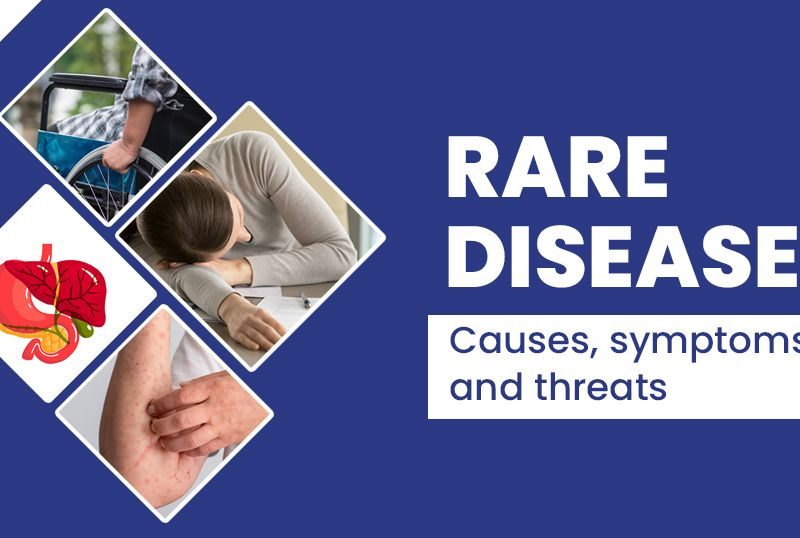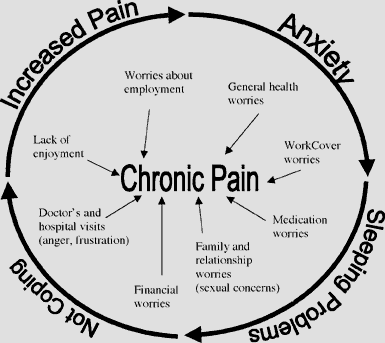Genetic disorders are conditions caused by abnormalities in an individual’s DNA. These disorders can be inherited from one or both parents and can result in a wide range of physical and mental health issues. Understanding genetic disorders and the role of genetic counseling is crucial in managing and treating these conditions effectively.
What are Genetic Disorders?
Genetic disorders are caused by changes in genes or chromosomes, leading to abnormalities in a person’s genetic makeup. These changes can be inherited from parents or can occur spontaneously. Some genetic disorders are evident at birth, while others may manifest later in life.
Types of Genetic Disorders
There are several types of genetic disorders, including:
Single gene disorders: These disorders are caused by mutations in a single gene and include conditions like cystic fibrosis and sickle cell anemia.
Chromosomal disorders: These disorders result from abnormalities in the structure or number of chromosomes, such as Down syndrome and Turner syndrome.
Complex disorders: These disorders are caused by a combination of genetic and environmental factors, like diabetes and heart disease.
Genetic Counseling
Genetic counseling is a process that helps individuals and families understand genetic conditions, assess their risk of inheriting or passing on a genetic disorder, and make informed decisions about testing and treatment options. Genetic counselors are trained professionals who provide support and guidance to individuals and families affected by genetic disorders.
Benefits of Genetic Counseling
Genetic counseling offers several benefits, including:
Educating individuals and families about genetic conditions and inheritance patterns
Assessing the risk of developing or passing on a genetic disorder
Providing information about available testing options and treatment strategies
Supporting individuals and families in making informed decisions about their healthcare
Conclusion
Genetic disorders can have a significant impact on an individual’s health and quality of life. Understanding inherited conditions and the role of genetic counseling is essential in managing and treating these disorders effectively. By seeking genetic counseling, individuals and families can gain valuable insights into their genetic risk factors and make informed decisions about their healthcare.
© 2022 TechNicheCopywriter. All rights reserved.
In conclusion, genetic disorders are complex conditions that require specialized knowledge and support. Genetic counseling plays a crucial role in helping individuals and families navigate the challenges of inherited conditions and make informed decisions about their healthcare. By understanding genetic disorders and seeking the guidance of genetic counselors, individuals can take control of their health and well-being in a proactive and informed manner.


